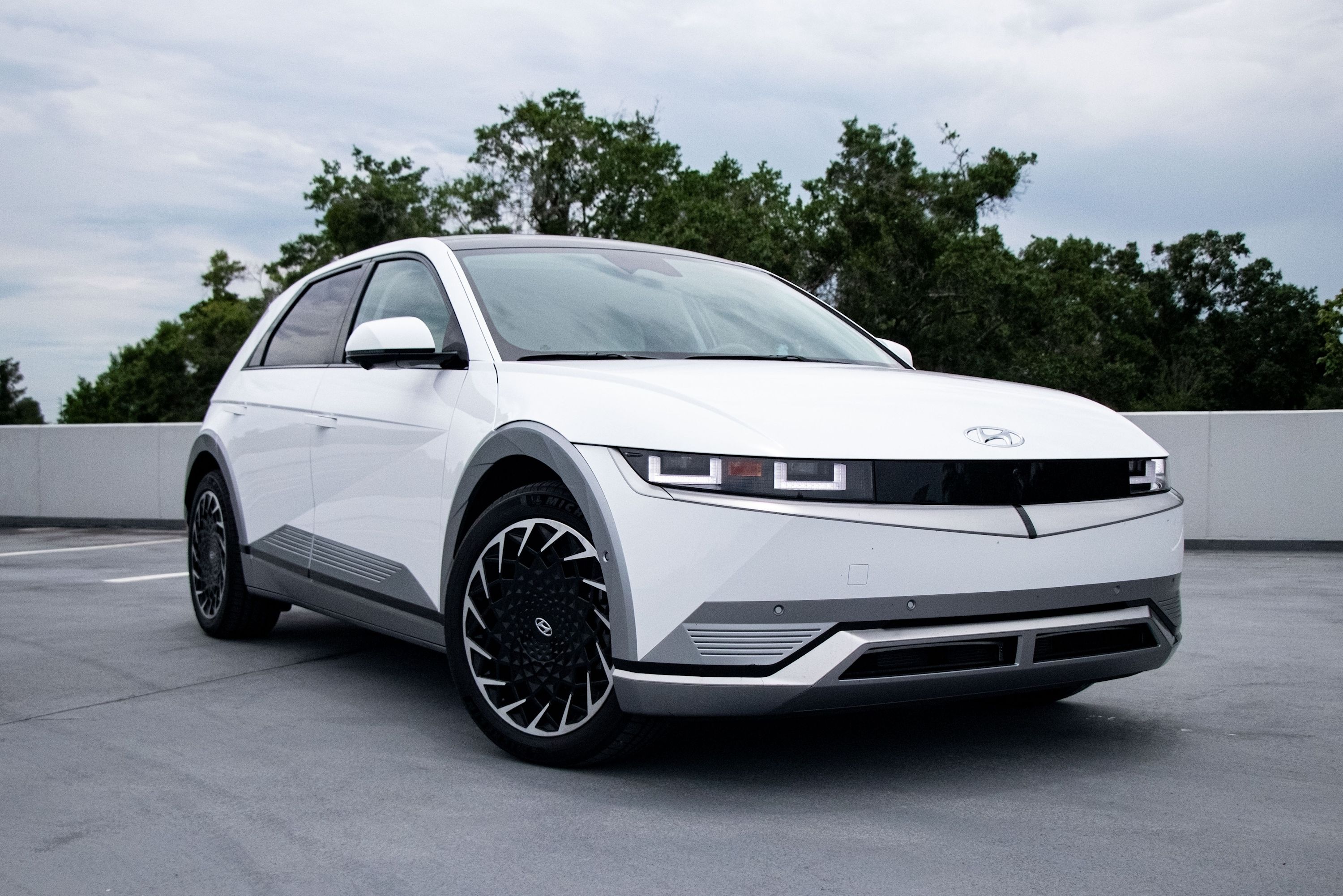
Though the Inflation Reduction Act will have plenty of positive effects on the economy, there are winners and losers from this new legislation.
American automakers that already produce electric vehicles in North America, like Ford and GM, benefit the most because they will get back their $7,500 tax credits lost under the old rules. Foreign companies like the Hyundai Motor Group aren't so lucky because they build EVs in South Korea.
The South Korean government has raised concerns over the Inflation Reduction Act, and at least one US legislator has noticed. Georgia Senator Reverend Raphael Warnock (D-GA) has just introduced a new bill called the Affordable Electric Vehicles for America Act. It would create a phase-in period for automakers like Hyundai and lower the cost of EVs in the short term.
"I'm focused squarely on helping Georgia car buyers save money and helping car manufacturers who do business in our state thrive," said Senator Warnock. "The Affordable Electric Vehicles for America Act will lower costs for Georgians and provide consumers more options when purchasing an electric vehicle while supporting good-paying jobs across our state and bolstering Georgia automakers like Hyundai. I'm going to do everything I can to get this bill over the finish line."
Companies like Hyundai have plans to build new factories in the US, but these new plants won't come online overnight. In the meantime, it seems unfair for automakers like Ford and GM to get a $7,500 credit while vehicles like the Hyundai Ioniq 5 no longer qualify.
Warnock's Affordable Electric Vehicles for America Act would delay the IRA's phase-in period for sourcing requirements. These include being manufactured in North America, using batteries made domestically, and only sourcing critical minerals domestically or from nations that are part of the USA's free trade agreement.
Under this new act, Hyundai would continue to qualify for the tax credits until its factory in Bryan County, Georgia, comes online. This bill would likely help Hyundai's other brands, Kia and Genesis. Japan and the European Union, and more recently China, have raised concerns that the IRA in its current state excludes them and thus goes against World Trade Organization trade agreements. This new AEVA Act could placate the excluded nations.
The bill specifically lists December 31, 2025, as the date for when the full Inflation Reduction Act would take effect. This would be plenty of time for foreign automakers, not just the South Korean ones, to invest in North American manufacturing. The result should be more affordable cars and more job creation, which can only be a good thing.
We at CarBuzz believe this is an excellent amendment to the recent EV tax credit rules. The current legislation severely limits the number of affordable EVs on the market, and this new bill would help give American shoppers more variety and the pride of knowing that their new EV is helping stimulate the economy.
If this doesn't work, President Biden has expressed a willingness to continue discussions with South Korean leaders to find other ways to include them as beneficiaries of the IRA. According to Reuters, South Korea's President Yoon Suk-Yeol has received a letter indicating the desire to collaborate.
"We assess that President Biden reaffirmed his understanding of our concerns through a personally signed letter. It shows Biden's willingness to be considerate towards South Korean companies in the future," the Korean President's office said.
It's unclear how these talks will progress or what concessions President Biden is willing to make, but it appears that the Inflation Reduction Act will be modified to include more foreign automakers. Ultimately, while stimulating domestic economic recovery is a primary objective of the Act, it also is intended to lower America's carbon footprint. The more automakers there are contributing to this goal, the better.


